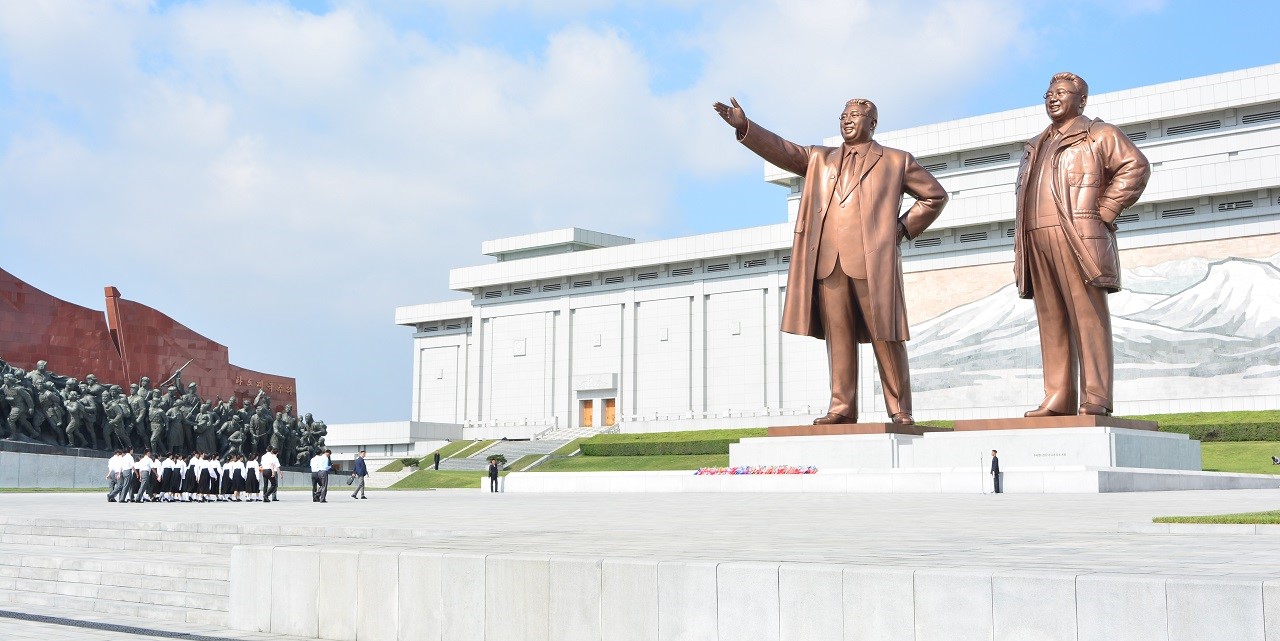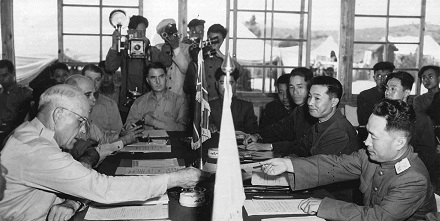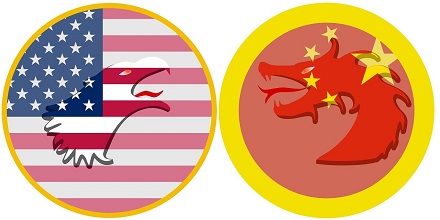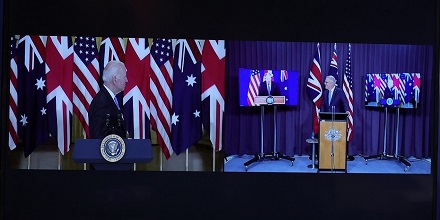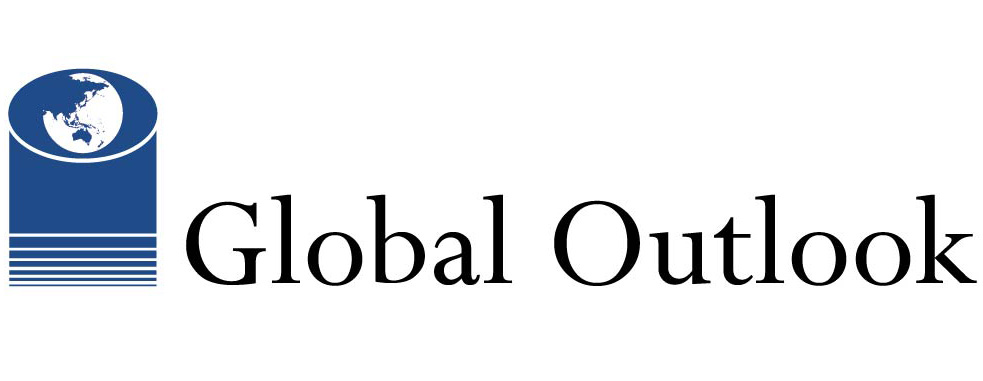
Curated expert opinion on intractable contemporary issues
Global Outlook: Peace and Security in Northeast Asia
National Security Policy Should Be Based On One Thing: Facts
By Chung-in Moon | 15 February, 2022
The claims Yoon Suk-yeol is making about Moon Jae-in’s North Korea policy need a fact check
In both South Korea and elsewhere in recent years, subjective speculation appears to be prevailing over facts as the boundary between objective truth and public opinion blurs.
Kim Dynasty: Firmly in Control
By Herbert Wulf | 19 January, 2022
When Kim Jong-un took power in North Korea in December 2011, many observers speculated that the young 28-year-old, politically inexperienced son of the late Kim Jong-il and grandson of the first president, Kim Il-sung, would hardly remain in power for long. The communist Kim dynasty was likely to end soon. Today, after ten years, the dictator is firmly in control. What is his economic and security record after ten years?
Towards a Korean Strategy of Resilience
By Chung-in Moon | 17 January, 2022
2022 may well be a decisive year that tests Korea’s resilience on all fronts. We’ve made it to 2022. While we faced considerable difficulties last year due to COVID-19 and other issues, the general view is that Korea’s international prestige has gone up a notch.
Responding to Scepticism About an End-of-War Declaration
By Chung-in Moon | 14 December, 2021
Since South Korean President Moon Jae-in asked the international community to support formally declaring the end of the Korean War during his speech at the UN General Assembly on September 21, the issue has been at the forefront of the government’s diplomatic efforts as Moon’s presidency draws to a close.
China and the US: Two Paranoid Giants at Odds
By Chung-in Moon | 11 November, 2021
The US oversells its fear of China, which in turn pushes China into an almost hysterically aggressive posture of defence, only exacerbating the problem.
The Four Shadows Cast By AUKUS
By Chung-in Moon | 19 October, 2021
On September 15, the leaders of the US, the UK, and Australia convened in Washington, where they agreed to form a new security pact called AUKUS. Considering that the three countries have already been allies for quite some time, it’s striking that they would establish yet another partnership for sharing military technology. That represents an evolution of their alliance.
The views and opinions expressed in Global Outlook are those of the authors and do not necessarily reflect the official policy or position of Toda Peace Institute.
National Security Policy Should Be Based On One Thing: Facts
By Chung-in Moon | 15 February, 2022
The claims Yoon Suk-yeol is making about Moon Jae-in’s North Korea policy need a fact check In both South Korea and elsewhere in recent years, subjective speculation appears to be prevailing over facts as the boundary between objective truth and public opinion blurs.
Kim Dynasty: Firmly in Control
By Herbert Wulf | 19 January, 2022
When Kim Jong-un took power in North Korea in December 2011, many observers speculated that the young 28-year-old, politically inexperienced son of the late Kim Jong-il and grandson of the first president, Kim Il-sung, would hardly remain in power for long. The communist Kim dynasty was likely to end soon. Today, after ten years, the dictator is firmly in control. What is his economic and security record after ten years?
Towards a Korean Strategy of Resilience
By Chung-in Moon | 17 January, 2022
2022 may well be a decisive year that tests Korea’s resilience on all fronts. We’ve made it to 2022. While we faced considerable difficulties last year due to COVID-19 and other issues, the general view is that Korea’s international prestige has gone up a notch.
Responding to Scepticism About an End-of-War Declaration
By Chung-in Moon | 14 December, 2021
Since South Korean President Moon Jae-in asked the international community to support formally declaring the end of the Korean War during his speech at the UN General Assembly on September 21, the issue has been at the forefront of the government’s diplomatic efforts as Moon’s presidency draws to a close.
China and the US: Two Paranoid Giants at Odds
By Chung-in Moon | 11 November, 2021
The US oversells its fear of China, which in turn pushes China into an almost hysterically aggressive posture of defence, only exacerbating the problem.
The Four Shadows Cast By AUKUS
By Chung-in Moon | 19 October, 2021
On September 15, the leaders of the US, the UK, and Australia convened in Washington, where they agreed to form a new security pact called AUKUS. Considering that the three countries have already been allies for quite some time, it’s striking that they would establish yet another partnership for sharing military technology. That represents an evolution of their alliance.
The views and opinions expressed in Global Outlook are those of the authors and do not necessarily reflect the official policy or position of Toda Peace Institute.

